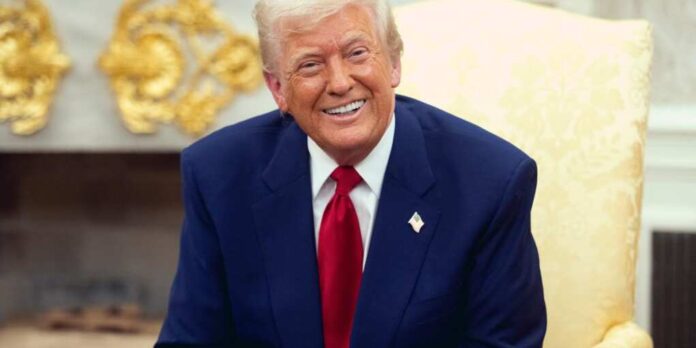
In a major decision that could reshape the landscape of U.S. immigration enforcement, the Supreme Court has sided with the Trump administration, allowing it to revoke Temporary Protected Status (TPS) for more than 300,000 Venezuelan migrants. The ruling represents one of the most significant judicial affirmations yet of presidential authority over immigration.
The 8-1 decision, handed down Monday, reverses a lower court’s attempt to block the administration from ending TPS protections. U.S. District Judge Edward Chen had issued an order earlier this year preventing the Department of Homeland Security (DHS) from carrying out the revocation—an order the justices have now stayed.
“The application for stay presented to Justice Kagan and by her referred to the Court is granted,” the Court wrote. Justice Ketanji Brown Jackson was the sole dissenter.
With the lower court order lifted, DHS can now proceed with plans to terminate TPS protections for Venezuelans who entered under a designation made during the Biden administration. Many of those affected received work permits and protection from deportation beginning in 2021 and 2023—protections now set to expire in a matter of months.
Conservative legal experts are calling the decision a landmark victory. Dale Wilcox of the Immigration Reform Law Institute praised the Court’s ruling, saying it affirms Trump’s “inherent authority to exclude aliens,” even absent new legislation. “That authority doesn’t vanish just because a previous administration made promises Congress never approved,” he added.
Trump’s emergency appeal was spearheaded by Solicitor General John Sauer, who called Judge Chen’s ruling “untenable” and accused the court of ignoring established law in favor of emotional appeals. Chen had argued that Venezuelan migrants deserved to stay because of their educational achievements and financial contributions to the U.S. economy—reasoning the Supreme Court flatly rejected.
In his controversial ruling, Chen wrote that TPS recipients had “higher educational attainment than most U.S. citizens” and “annually contribute billions of dollars to the U.S. economy,” suggesting that their presence was inherently beneficial. But the Trump administration argued that economic activity does not supersede the rule of law.
“This wasn’t just about immigration,” one DHS official noted. “It was about whether the executive branch has the right to enforce immigration law, or whether activist judges can rewrite it from the bench.”
Monday’s decision puts that question to rest—at least for now.
DHS Secretary Kristi Noem, who revoked one of the two Venezuelan TPS designations earlier this year, has emphasized that Trump’s immigration policy is focused on law, not emotion. Under her leadership, DHS has shifted dramatically away from the Biden-era focus on mass amnesty and toward restoring deterrence at the border and interior enforcement.
The impact of the Court’s decision will be swift. Roughly 350,000 Venezuelans will lose work permits and deportation protection in the next 60 days unless Congress intervenes. TPS recipients from an earlier 2021 designation will retain their status through September—but that protection, too, may soon be rescinded.
Critics are calling the move harsh, with one immigration attorney calling it “the largest single action stripping any group of non-citizens of immigration status in modern U.S. history.” But supporters say it’s long overdue.
“This administration was elected to restore the rule of law and end the chaos,” said one Trump ally in Congress. “Today’s decision helps deliver on that promise.”
As legal battles continue in the lower courts, the administration is moving ahead—confident that the Supreme Court has once again affirmed the president’s constitutional authority to secure the nation’s borders. For the Trump White House, it’s not just a legal win—it’s another step in putting America first.












